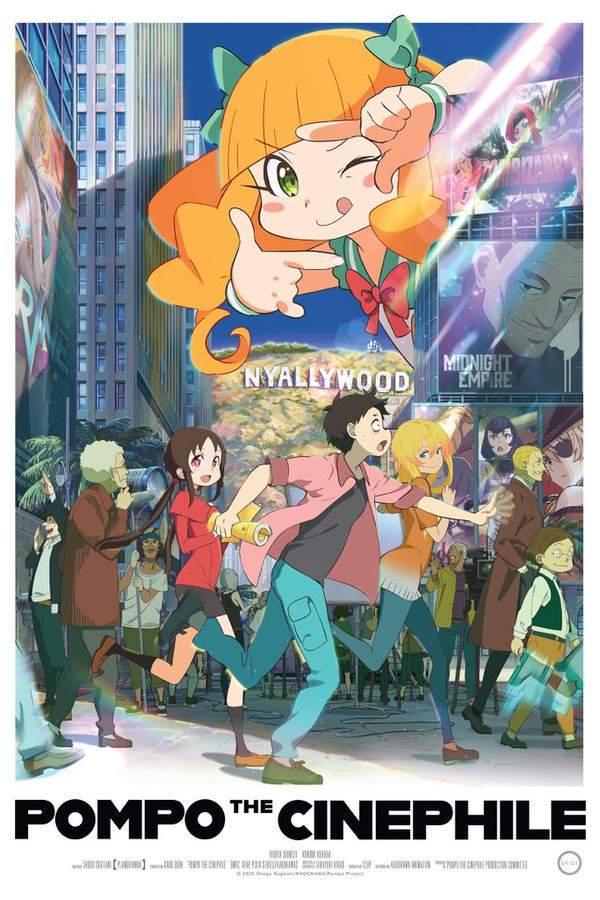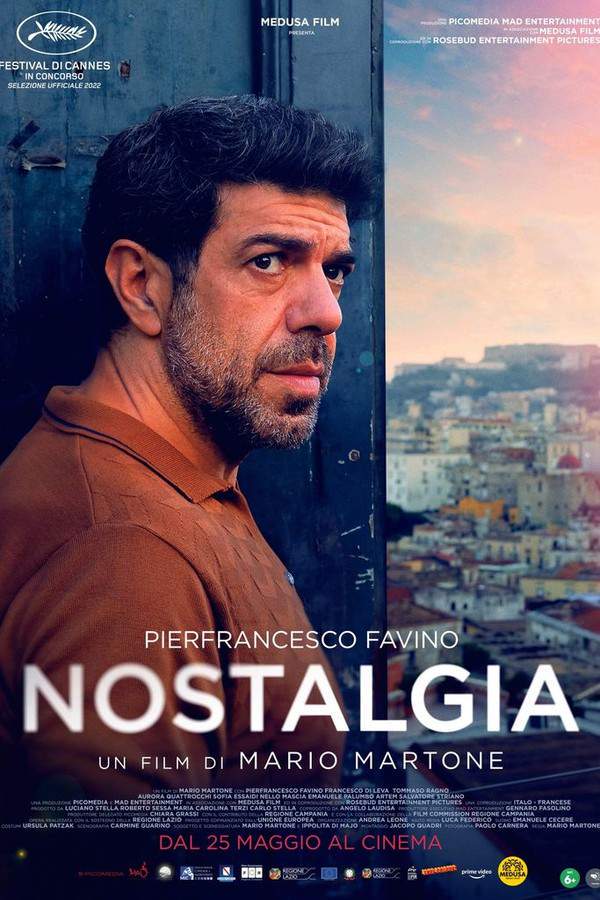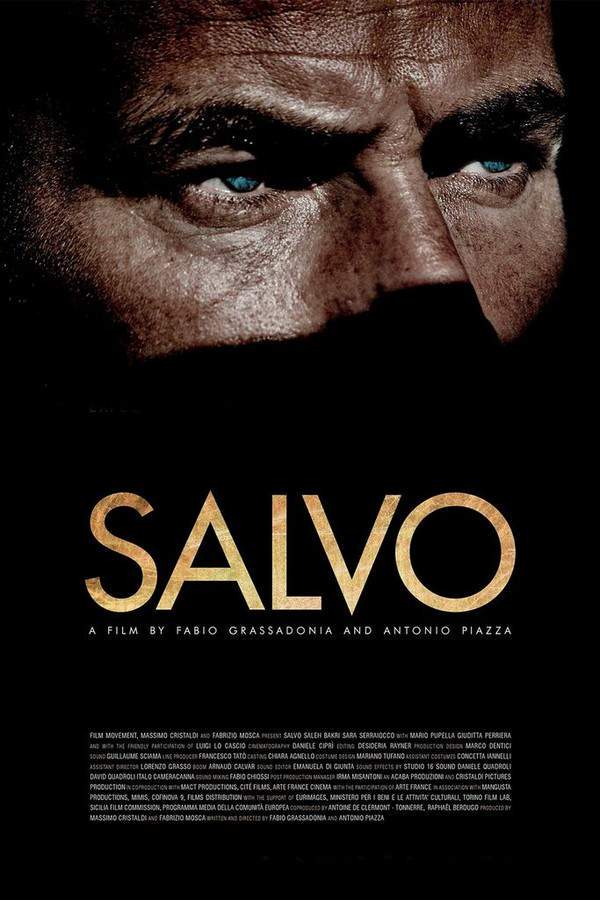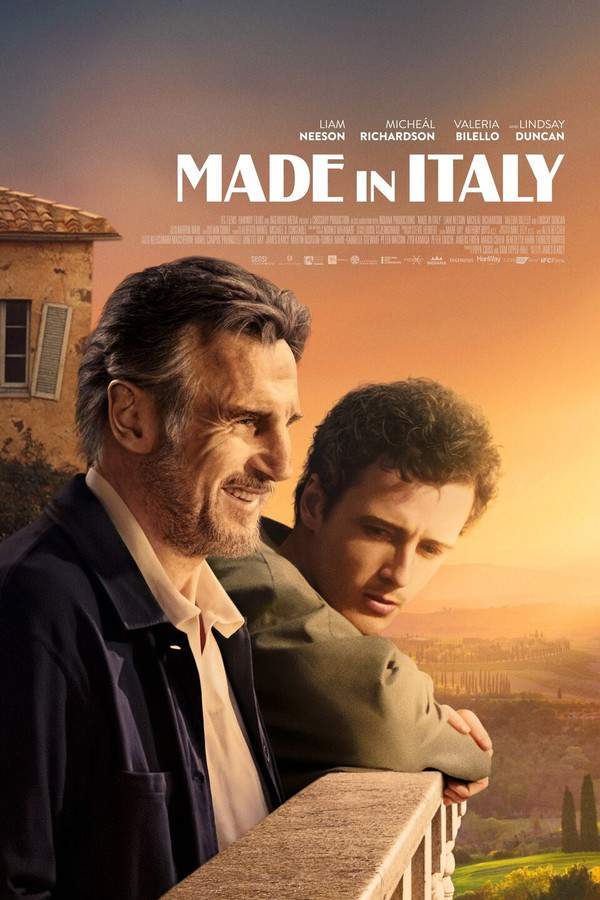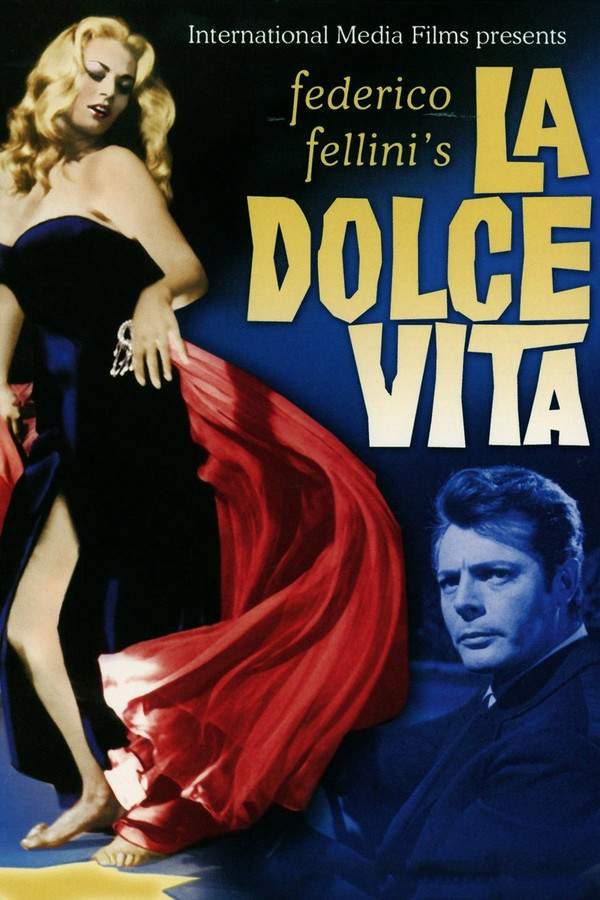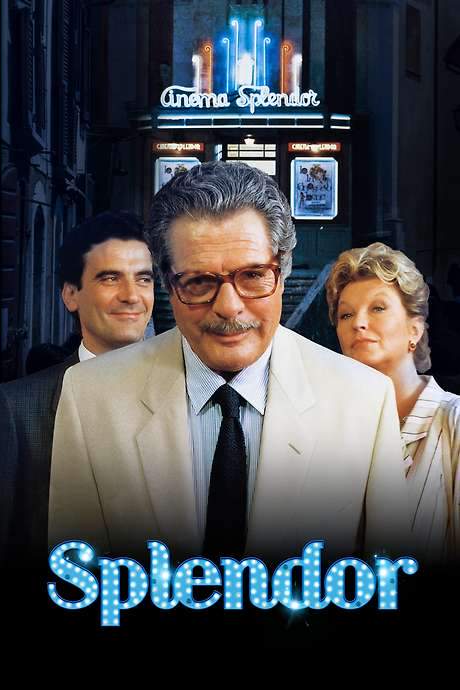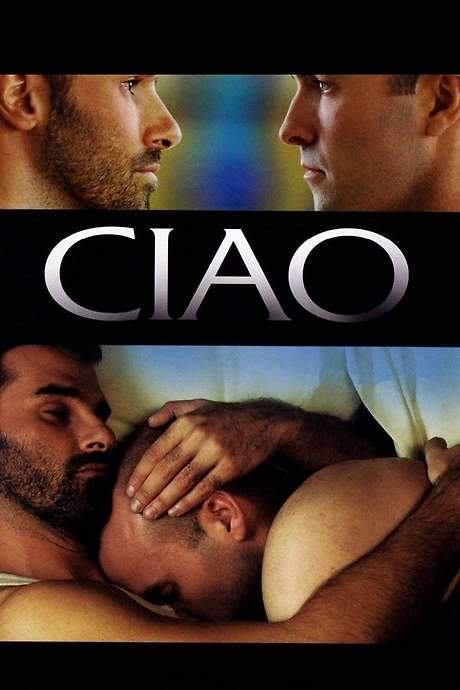Cinema Paradiso 1990
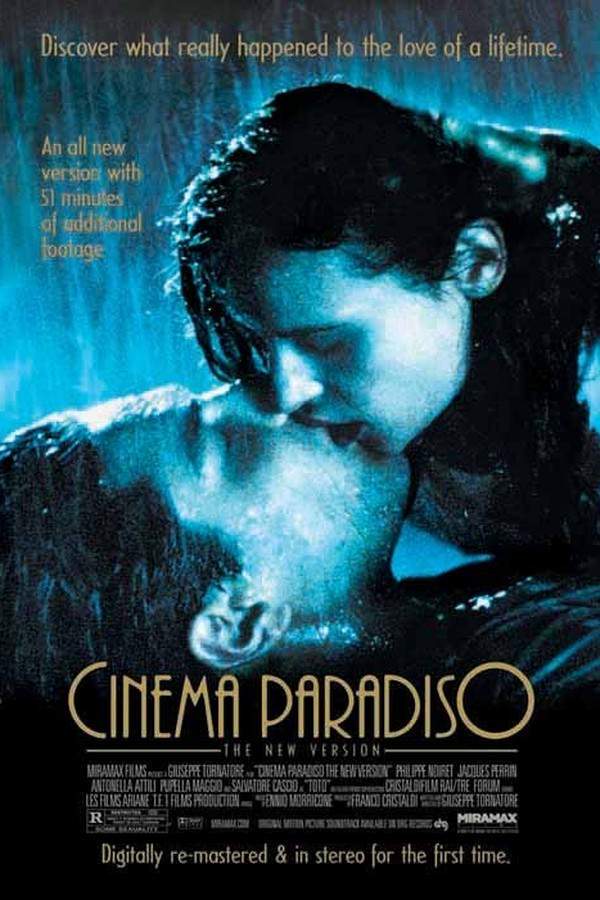
In a charming Italian village, a young boy named Salvatore is captivated by the local cinema and its projectionist, Alfredo. Their friendship blossoms as Alfredo shares his knowledge and passion for film with Salvatore, introducing him to the magic of the movies. Years pass, and an unexpected letter brings Salvatore back to his hometown, where he discovers a hidden secret and a poignant reminder of his cinematic beginnings, reigniting his love for filmmaking and the power of storytelling.
Does Cinema Paradiso have end credit scenes?
No!
Cinema Paradiso does not have end credit scenes. You can leave when the credits roll.
Meet the Full Cast and Actors of Cinema Paradiso
Explore the complete cast of Cinema Paradiso, including both lead and supporting actors. Learn who plays each character, discover their past roles and achievements, and find out what makes this ensemble cast stand out in the world of film and television.
External Links and Streaming Options
Discover where to watch Cinema Paradiso online, including streaming platforms, rental options, and official sources. Compare reviews, ratings, and in-depth movie information across sites like IMDb, TMDb, Wikipedia or Rotten Tomatoes.
Ratings and Reviews for Cinema Paradiso
See how Cinema Paradiso is rated across major platforms like IMDb, Metacritic, and TMDb. Compare audience scores and critic reviews to understand where Cinema Paradiso stands among top-rated movies in its genre.

80
Metascore
8.9
User Score

8.5 /10
IMDb Rating

84
%
User Score
Take the Ultimate Cinema Paradiso Movie Quiz
Challenge your knowledge of Cinema Paradiso with this fun and interactive movie quiz. Test yourself on key plot points, iconic characters, hidden details, and memorable moments to see how well you really know the film.
Cinema Paradiso Quiz: Test your knowledge on the themes, characters, and events of the iconic film 'Cinema Paradiso'.
Who is the protagonist of 'Cinema Paradiso'?
Alfredo
Elena
Salvatore
Toto
Show hint
Awards & Nominations for Cinema Paradiso
Discover all the awards and nominations received by Cinema Paradiso, from Oscars to film festival honors. Learn how Cinema Paradiso and its cast and crew have been recognized by critics and the industry alike.
44th British Academy Film Awards 1991


Best Actor in a Supporting Role

Best Cinematography
Best Costume Design
Best Editing
Best Makeup and Hair
Best Production Design
Best Film Not in the English Language
43rd Directors Guild of America Awards 1991

47th Golden Globe Awards 1990
Best Foreign Language Film
Full Plot Summary and Ending Explained for Cinema Paradiso
Read the complete plot summary of Cinema Paradiso, including all major events, twists, and the full ending explained in detail. Explore key characters, themes, hidden meanings, and everything you need to understand the story from beginning to end.
Beginning at the conclusion, the film opens with Salvatore’s mother conveying the news of Alfredo’s passing. Prompted by the somber news, Salvatore, a filmmaker who has spent years away from his hometown, quickly departs from Rome to attend the funeral. Through a series of poignant flashbacks, we delve into Salvatore’s childhood set in a post-WWII town in Southern Italy. As a young boy named Toto, he harbors a deep love for cinema, often sneaking into the local movie theater. Toto is particularly fascinated by the projectionist, Alfredo, and attempts to collect film cuts that have been censored by the church for containing kissing scenes.
Living with his war-widowed mother and younger sister, Toto’s family struggles with the pain of losing his father. An unfortunate incident occurs when Toto’s attempt to gather film bits results in a fire that endangers his sister and destroys precious family photographs, including the only picture of his father. Consequently, his mother bans him from the theater. However, his determination leads him to sneak back in, where he eventually forms a fatherly bond with Alfredo. Despite Alfredo’s initial hesitance, Toto learns to operate the projector alongside him.
As time progresses, the community witnesses a dramatic change when a local resident strikes it rich in the lottery and finances the rebuilding of the cinema after it burns down, following a fire ignited by the projector that knocked Alfredo unconscious. With his newfound skills, Toto once again finds his place in the projection room alongside Alfred.
Years later, as an adolescent, Salvatore becomes enamored with a wealthy girl named Elena. The competition for her affection ignites a spirited rivalry among Salvatore and his friends. Smitten, he captures her on film and begins to develop deep feelings for her. However, Alfredo cautions him to tread lightly with love, suggesting that it only leads to heartache. In defiance of the warning, Salvatore confesses his love to Elena, who enigmatically states she doesn’t love him yet, but might.
Determined to win her heart, Salvatore waits nightly outside her home for a sign of reciprocation. Eventually, he succumbs to despair but is soon enlightened to the fact that Elena does, in fact, share his feelings. Their relationship blossoms into a vibrant romance, reminiscent of young love. Unfortunately, disaster strikes when Elena’s father disapproves of their union and takes her away. Throughout the summer, Salvatore’s attempts to see her prove elusive. Eventually, Alfredo intervenes with Elena, persuading her to release Salvatore for his own good.
As Salvatore wanders aimlessly following their separation, he is conscripted into military service in accordance with Italian law. Upon returning to his hometown after his service, he is confronted with the transformation of everything he once knew, leaving him struggling to adapt. Alfredo encourages him to seek his fortune elsewhere, ominously bidding him farewell with the foresight that their paths may never cross again.
Ultimately, Salvatore ascends to become a celebrated filmmaker. In the aftermath of Alfredo’s funeral, he wanders through the remnants of his childhood town, where he experiences a moment of nostalgia upon seeing a young girl who resembles Elena. Following her leads him back to Elena, now married to one of Salvatore’s childhood companions. Their poignant reunion reveals hidden truths; Elena discloses that Alfredo had a significant role in their separation, believing that Salvatore’s passion for filmmaking would flourish only if he chose to pursue his dreams instead of being bound by love.
With a sense of bittersweet closure, Salvatore acknowledges the sacrifices he made for his career. After an emotional farewell with Elena, he leaves to return to Rome, carrying with him a can of film entrusted to him by Alfredo, containing all the cherished snippets of kissing scenes from his youth, a reminder of his childhood love and ambition.
Uncover the Details: Timeline, Characters, Themes, and Beyond!

Coming soon on iOS and Android
The Plot Explained Mobile App
From blockbusters to hidden gems — dive into movie stories anytime, anywhere. Save your favorites, discover plots faster, and never miss a twist again.
Sign up to be the first to know when we launch. Your email stays private — always.
Watch Trailers, Clips & Behind-the-Scenes for Cinema Paradiso
Watch official trailers, exclusive clips, cast interviews, and behind-the-scenes footage from Cinema Paradiso. Dive deeper into the making of the film, its standout moments, and key production insights.
Cinema Paradiso Themes and Keywords
Discover the central themes, ideas, and keywords that define the movie’s story, tone, and message. Analyze the film’s deeper meanings, genre influences, and recurring concepts.

Unlock the World of Movies with Our Comprehensive Wiki
Dive into our Movie Wiki for in-depth film encyclopedia entries, including cast biographies, production trivia, plot synopses, behind-the-scenes facts, and thematic analyses. Whether you’re researching iconic directors, exploring genre histories, or discovering hidden easter eggs, our expertly curated movie database has everything you need to fuel your cinematic passion.

Similar Movies To Cinema Paradiso You Should Know About
Browse a curated list of movies similar in genre, tone, characters, or story structure. Discover new titles like the one you're watching, perfect for fans of related plots, vibes, or cinematic styles.
Quick Links: Summary, Cast, Ratings, More

What's After the Movie?
Not sure whether to stay after the credits? Find out!
Explore Our Movie Platform
New Movie Releases (2026)
Famous Movie Actors
Top Film Production Studios
Movie Plot Summaries & Endings
Major Movie Awards & Winners
Best Concert Films & Music Documentaries
Movie Collections and Curated Lists
© 2026 What's After the Movie. All rights reserved.










